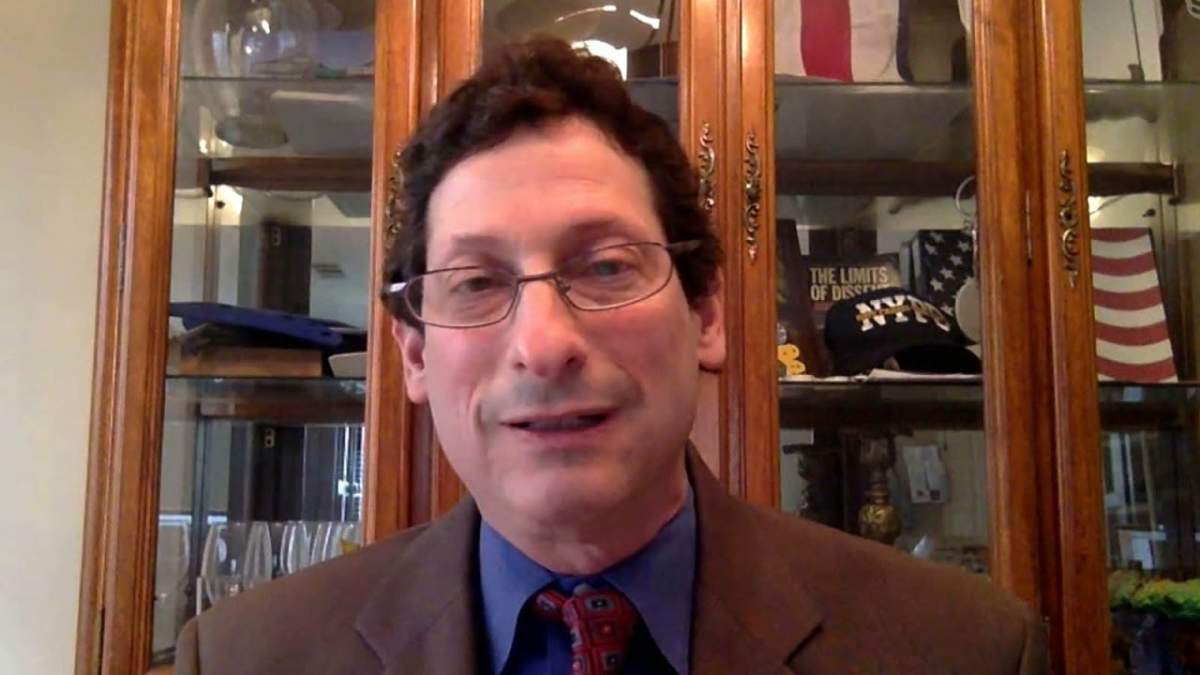The Internet plays a huge role in radicalizing people and recruiting for neo-Nazi organizations, an anti-hate expert told Global News.

The issue is in the public eye after an investigation by the Winnipeg Free Press revealed a member of the Canadian Armed Forces is allegedly responsible for putting up posters around Winnipeg for a white supremacist group called The Base.
That investigation named Master Cpl. Patrik Mathews as an alleged recruiter for the white supremacist network, The Base.
The report alleged that Mathews, currently a combat engineer at a Canadian Forces base in Winnipeg, put up neo-Nazi posters across the city for the hate group.
Brian Levin, with the Centre for the Study of Hate and Extremism, said while younger generations are more tolerant than their grandparents, the Internet is making it easier for people to get involved in hate groups.
“We’ve seen the normalization of white supremacy,” Levin said.
“Some people will refuse to use Nazi and Klan symbols because they think it’s bad branding, but they still don’t want people of colour, and people of non-Christian faith, in their country.”
Levin said racist material is fairly prevalent online, and young people can easily get exposed to the ‘rabbit hole’ of online racism – which starts with ideas like ‘it’s OK to be white’, but often ends with outright neo-Nazi ideas.

Get daily National news
One of the dangers, he said, is that people are exposed to so many different varieties of hate and racism online, that they’re picking and choosing from different sources, rather than following a single group’s doctrine as they may have in the past.
This makes them harder to track.
“You have these hate groups and they have a core number of members, but they also have a bunch of fellow travelers that will frequent its sites, its narrative online, but also put their ladle in the hate buffet on other groups, and even texts and other folklore, to make their own individual type of idiosyncratic and personal prejudice,” said Levin.
“Now you can put together your own mix tape of hate, if you will.”
Levin said regardless of how people get radicalized, having white supremacists in the military is a serious concern.
“We have to have our communal institutions – which are declining in trust – re-take the stage and say, no matter whatever party you belong to, white nationalism is against the Canadian ethos.”
WATCH: Former refugee talks about continued hate he faces in Winnipeg









Comments